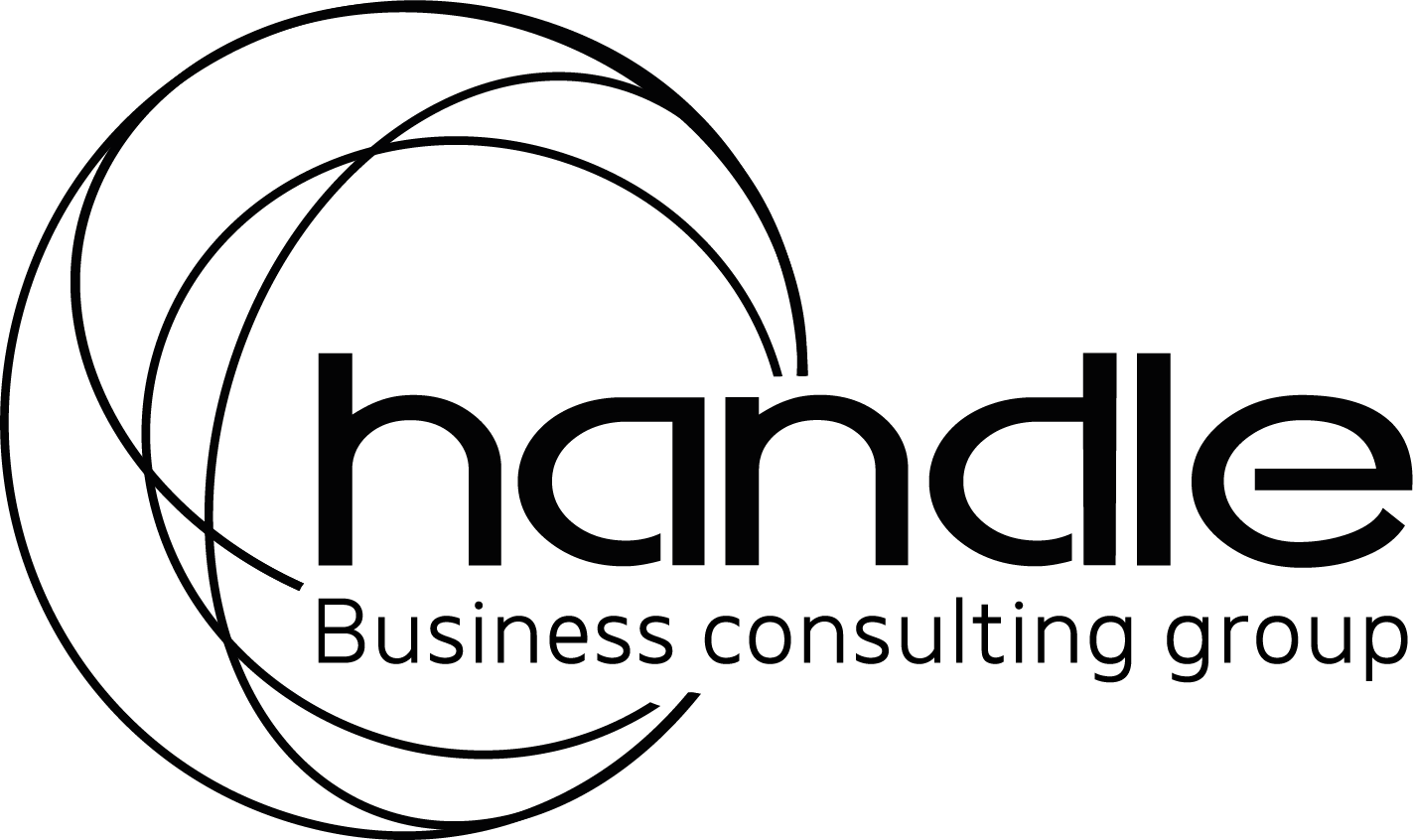Abstract:
Family businesses play a critical role in economies worldwide, and the United Arab Emirates (UAE) is no exception. However, these businesses face unique risks that can affect their long-term viability and success. This report explores the various risks faced by family businesses and provides insights on effective mitigation planning strategies. Real-case examples from UAE family businesses are presented to illustrate these concepts and showcase practical approaches to risk management.
- Introduction:
Family businesses are characterized by their interconnectedness of family and business dynamics, which can create both advantages and challenges. While family businesses are known for their resilience and long-term perspective, they also face specific risks that require careful attention and planning. This report aims to shed light on these risks and provide actionable insights to mitigate them effectively.
- Overview of Family Business Risks:
Family business risks can be categorized into internal and external factors. Internal risks arise from family-related issues, while external risks stem from the broader operating environment. Understanding these risks is crucial for mitigating their potential impact on the family business’s sustainability and future growth.
2.1. Internal Risks:
2.1.1. Succession Planning and Leadership Transition:
Family businesses often struggle with succession planning, especially during leadership transitions from one generation to the next. Failure to plan and execute a smooth transition can create instability, conflicts within the family, and a leadership gap, all of which can adversely affect the business’s performance and reputation.
Example:
XYZ Group, a prominent UAE family business, faced significant challenges during its leadership transition from the founder to the next generation. The absence of a well-defined succession plan resulted in a power struggle among family members, leading to disputes and a decline in business performance. However, the family recognized the need to address the issue promptly and sought external expertise to facilitate a collaborative and structured succession plan, ultimately ensuring a successful transition.
2.1.2. Family Conflict and Communication:
The overlap between family and business relationships can give rise to conflicts that impact decision-making, trust, and overall family cohesion. Inadequate communication and unresolved conflicts can lead to divided interests, hinder strategic decision-making, and impede the achievement of shared goals.
Example:
The ABC Group, a prominent UAE family business, experienced a significant disagreement among family members regarding the future direction of the business. This conflict threatened to destabilize the company and strain family relationships. Recognizing the importance of open communication and conflict resolution, the family engaged in family governance processes and sought professional mediation services. As a result, they were able to address the conflict constructively, find common ground, and develop a shared vision for the business’s future.
2.1.3. Lack of Professionalization and Talent Management:
Family businesses often struggle with balancing family members’ roles and skills with the need for professional management and expertise. Insufficient capabilities in key areas such as finance, marketing, and operations can hinder growth and competitiveness.
Example: XYZ Retail, a well-established UAE family business, faced challenges due to the lack of professional expertise in their management team. Recognizing the importance of professionalization, the family invested in executive education and recruiting external talent to complement their existing skill set. This strategic move bolstered the company’s operational efficiencies, improved decision-making, and facilitated sustainable growth.
2.2. External Risks:
2.2.1. Economic and Market Volatility:
External economic factors and market dynamics pose risks to family businesses. Economic downturns, changing consumer preferences, and competitive pressures can impact revenue, profitability, and the ability to adapt to evolving market conditions.
Example: During the global financial crisis of 2008, several UAE family businesses, including the DEF Group, faced severe challenges due to the sudden decline in the real estate sector. To mitigate the impact, the family business proactively diversified its investments into non-real estate sectors and implemented cost-cutting measures. These steps helped the company navigate the crisis successfully and maintain its market position.
2.2.2. Regulatory and Legal Compliance:
Compliance with evolving regulations, tax obligations, and legal frameworks is vital for family businesses. Non-compliance can lead to reputational damage, legal disputes, financial penalties, and disruptions in operations.
Example: The PQR Group, a UAE family business, encountered regulatory compliance issues when a change in tax laws affected the company’s international operations. Faced with the risk of non-compliance and associated legal repercussions, the family engaged legal and tax advisory services to ensure adherence to the new regulations. By proactively addressing compliance risks, the PQR Group avoided legal entanglements and maintained its reputation as a responsible corporate citizen.
- Mitigation Strategies and Best Practices:
To effectively mitigate family business risks, comprehensive planning and proactive measures are essential. The following strategies and best practices can help family businesses navigate potential risks and ensure their long-term sustainability.
3.1. Succession Planning and Leadership Development:
Developing a robust succession plan, clearly defining roles and responsibilities, and investing in leadership development programs contribute to smooth transitions and continuity of business operations.
3.2. Family Governance and Communication:
Establishing family governance structures, such as family councils or charters, and fostering open and transparent communication systems enhance collaboration, trust, and effective decision-making within the family business.
3.3. Professionalization and Talent Management:
Balancing family involvement with professional management by identifying skill gaps, investing in education and training, and recruiting external talent ensures a diverse and capable leadership team.
3.4. Strategic Planning and Diversification:
Strategic planning, including market analysis, identifying growth opportunities, and diversifying business lines and investments, helps family businesses navigate economic volatility and adapt to changing market conditions.
3.5. Risk Management and Compliance:
Developing a risk management framework, conducting regular risk assessments, and staying informed about regulatory changes enable family businesses to identify and address risks promptly, ensuring compliance and minimizing potential legal and reputational consequences.
- Conclusion:
Family businesses in the UAE face unique risks due to the intertwined nature of family dynamics and business operations. Understanding and effectively managing these risks are critical for long-term sustainability and success. By implementing appropriate mitigation strategies, such as succession planning, family governance, professionalization, strategic planning, and risk management, family businesses can navigate these challenges and seize opportunities for growth. The real-case examples from UAE family businesses highlight the importance of proactive risk management and provide valuable insights for other family-owned enterprises seeking to mitigate risks and create a solid foundation for their future.















